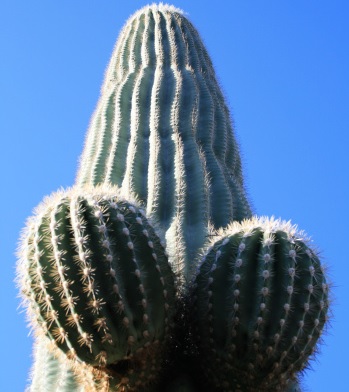freediver
Gold Member
     Online
Online

www.ozpolitic.com
Posts: 50035
At my desk.
|
So much for the "shared prosperity" and "pragmatic socialism" our pet CCP stooges keep boasting about. The CCP cannot even keep the lights on.
Perhaps they didn't learn their lesson from the Great Chinese Famine after all. No wonder they try to prevent their own citizens from learning of the true scale of that horror - they would realise the CCP is still making the same mistakes.
US official says China’s revenge plan on Australia has failed miserably
https://www.news.com.au/finance/markets/world-markets/us-official-says-chinas-revenge-plan-on-australia-has-failed-miserably/news-story/48a82387dd688debb6a7b5636ecf2cad
A top US official has embarrassed China in a conversation where he casually remarked about the trade war with Australia.
A top US official has embarrassed China in a casual remark by pointing out that the Asian superpower’s revenge on Australia hasn’t gone according to plan.
For more than a year, the communist nation has imposed harsh trade restrictions on Australia in a move that it vowed would cause “economic pain”.
Iron ore, barley, beef, coal, copper, cotton, gas, lobster, sugar, timber, wheat, wine and wool have been targeted since relations between Australia and China soured in 2020, after Prime Minister Scott Morrison called for a probe into the origins of Covid-19.
Despite being embroiled in this trade war with China, who is Australia’s biggest importer, we still made record earnings – a fact which has not escaped the attention of US Secretary of State Antony Blinken.
On a visit to Melbourne on Thursday, Mr Blinken said to The Sydney Morning Herald and The Age: “I think China has lost more than Australia has in its efforts to squeeze Australia economically.”
He added that the CCP would surely be “thinking twice about this in the future”.
Last year was, ironically, Australia’s best 12 months for trade in the resources sector.
The latest Resources and Energy Quarterly report found that the Australian sector will hit $379 billion by the end of the 2021 financial year.
That’s a massive 22 per cent jump from last financial year’s $310 billion in earnings, which in itself was a record at the time.
At the time of the report coming out, the Department of Industry, Science, Energy and Resources attributed the industry’s unexpected success to high commodity prices due to a global energy shortage and a weaker Australian dollar.
Coal was the standout performer.
Not only has China's plan backfired at an economic level for Australia, but it’s also had an impact on the quality of life for Chinese citizens, too.
The communist country experienced rolling blackouts for several months but was unable to buy Aussie coal – which would have been an easy fix.
China imposed a coal ban in November 2020, wiping $1 billion off the Australian economy.
However, Australia bounced back quickly after finding alternate markets in India, Japan and South Korea, among others.
And even though more than two-thirds of China’s electricity comes from coal-fired plants, the nation refused to buy any Australian coal — officially, anyway.
Reports from September claim China was paying $595 a tonne for coal to come through a middle man, which is more than double what Australian coal producers were selling it for at the time.
That would also mean the demand from China is still there, buoying the prices and leading to such a great year for the Aussie sector.
The Australian Strategic Policy Institute estimated that China was screwing itself out of US$2 billion a week by paying for this premium price to receive the product through a third party.
“Every million tonnes of coal has recently been costing China’s steel mills more than US$400 million, compared with around US$250 million paid by steel mills everywhere else,” the Institute wrote.
“Since China’s mills use almost two million tonnes of coal every day, the premium it pays above coal costs in the rest of the world adds up to about US$2 billion a week.”
There were also reports of the same thing happening for wine, with the product finding a back way into China.
|

 Forum
Forum

 Home
Home 

 Album
Album 

 Help
Help

 Search
Search

 Recent
Recent 

 Rules
Rules 

 Login
Login

 Register
Register





 Pages: 1
Pages: 1

